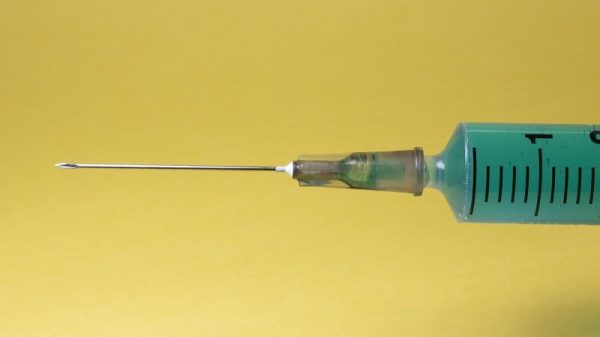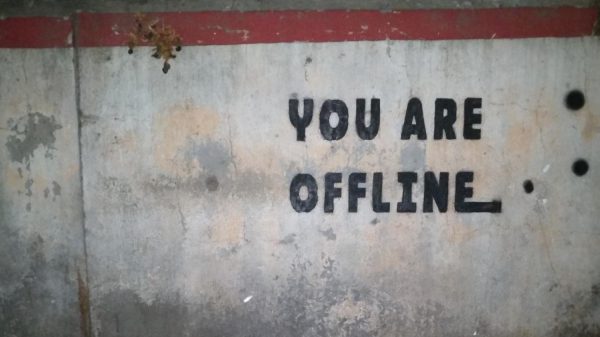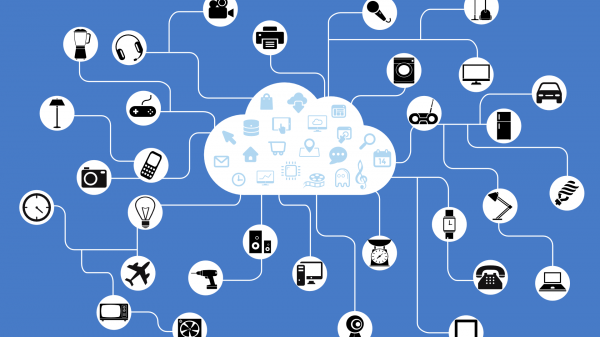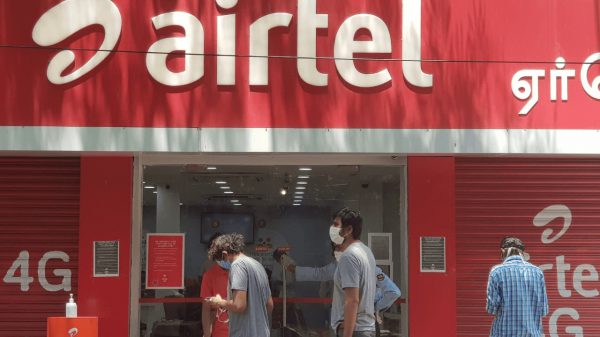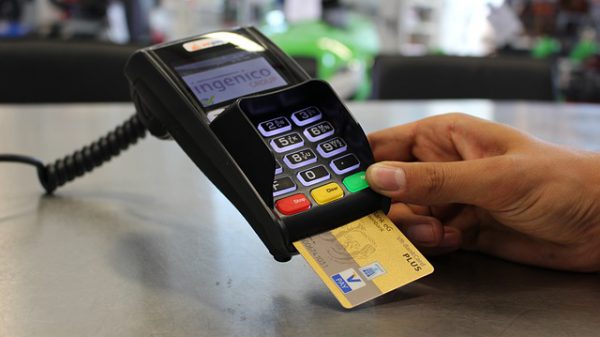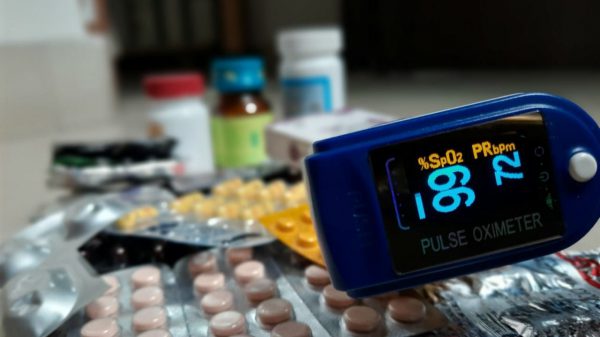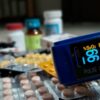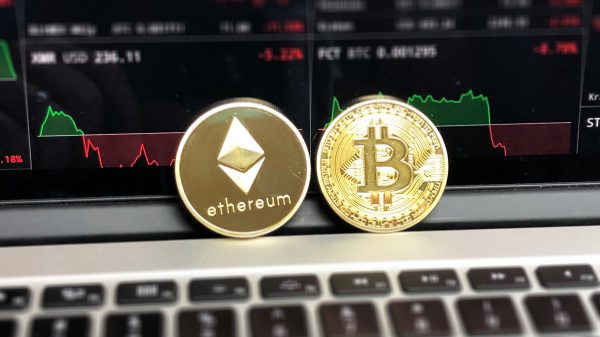The CoWIN app — short for COVID Vaccine Intelligence Network — will use an Aadhaar-based authentication system for the eventual rollout of COVID-19 vaccines, the Health Ministry said on Tuesday. Health Secretary Rajesh Bhushan said that the CoWIN system will also allow for the creation of a Unique Digital Health ID for those being vaccinated.
The Drugs Controller General of India had recently approved two COVID-19 vaccines, whose rollout is being planned by the government. The CoWIN system is expected to be key in rolling out the vaccines to healthcare and frontline workers, and eventually to the general population.
The Health ministry envisions the CoWIN system as the answer to all logistical challenges of the vaccination rollout. Bhushan explained in a press briefing that the vaccines will be tracked from when the manufacturer transports them to “primary vaccine stores”, then to “state vaccine stores” and so on. He added that healthcare and frontline workers don’t need to worry about registering themselves on the app as their data will be taken from a “bulk database” that has already been populated into the CoWIN system.
- QR-code certificates on DigiLocker: Once people get the required two doses of the vaccine, a QR-code certificate will get stored on the government’s Digilocker app, said Bhushan.
- Creation of Unique Health ID: Beneficiaries will also have the option of generating a Unique Health ID at the time of vaccination through the CoWIN app. For now, this feature seems voluntary as it will be only for “willing beneficiaries”. Only days ago, the Health Ministry had issued a gazette notification, allowing for the use of Aadhaar for generating Unique Health Identifiers (UHID) for citizens.
- Aadhaar authentication: The CoWIN system will have Aadhaar authentication to “prevent malpractice”. This plan seems largely in line with what some observers have suggested in the past few months. Nandan Nilekani, the Infosys co-founder and the architect of the Aadhaar system, and Kiran Mazumdar Shaw, chairperson and managing director of Biocon Limited, had earlier suggested an Aadhaar-based model for immunisation plans. We had noted then that such an approach could have problems since it depends entirely on the assumption that Aadhaar is universal.
- However, this is not true. According to statistics from the Ministry of Electronics and Information Technology (MEITY), in August 2020 Aadhaar was not held by at least 11% of the country’s population.
- Tracing and reporting of adverse effects: The CoWIN system will help authorities report and track beneficiaries for any adverse events after immunisation.
In addition, the system will also allow for the sending of SMS messages in 12 languages to guide beneficiaries and vaccinations. It will have a 24×7 helpline and a chat bot for general assistance. Bhushan said that 90,000 users have been trained on the system so far. The Health ministry also hopes to export the CoWIN system to any other country that might want to use it.
Readers should note that the CoWIN app is not yet available to the general public on Play Store or the iOS store. It is still under development. The Ministry of Electronics and Information Technology (MEITY) had last month announced a “Grand Challenge” to strengthen the CoWIN system. Applications for entering the challenge are open till January 15, 2021. Some of its possible features, based on example solutions to the challenge’s problem statements, include:
- Facial recognition: The problem statements asks how the CoWIN system could be made portable across the country, accounting for travel and migration. An example solution suggests that it could have a facial recognition system that registers and tracks beneficiaries at the time of vaccination. Another suggested solution is of using biometric devices for identification that can work online and offline.
- Geo-location for vaccine batches: To the question of securing vaccine transport, an example solution suggests the use of geo-tracking and ge0-fencing devices in vaccine vans. These will be monitored from on the CoWIN system. Another solution involves the temperature monitoring of vaccines through loggers during transportation.
- Digital tokens for queue management: To the question of maintaining queues and social distancing at vaccination centres, the government suggests the use of digital tokens for each beneficiaries. This could also be done using bluetooth and “video analytics”, according to another suggestion.
Also read:

